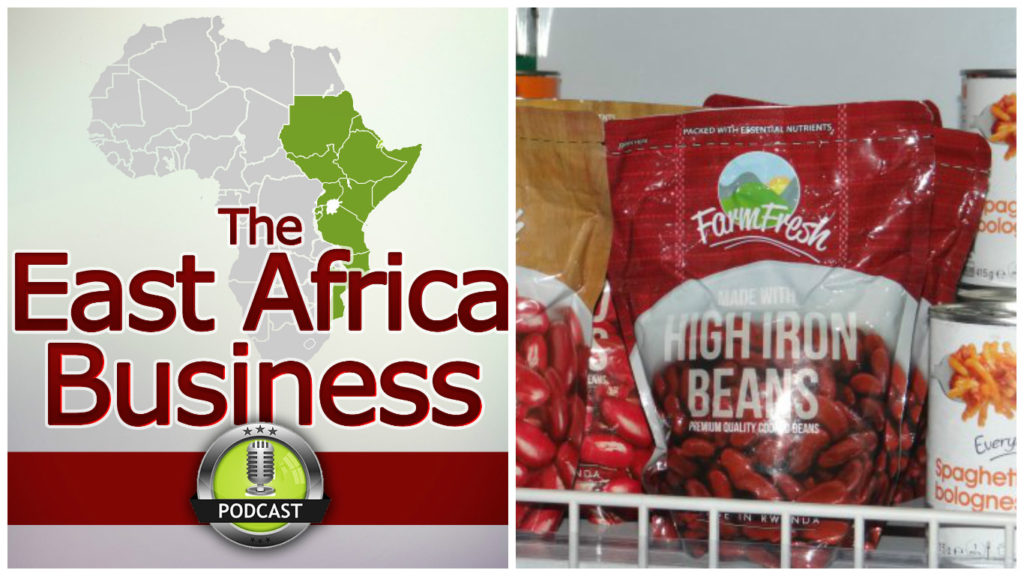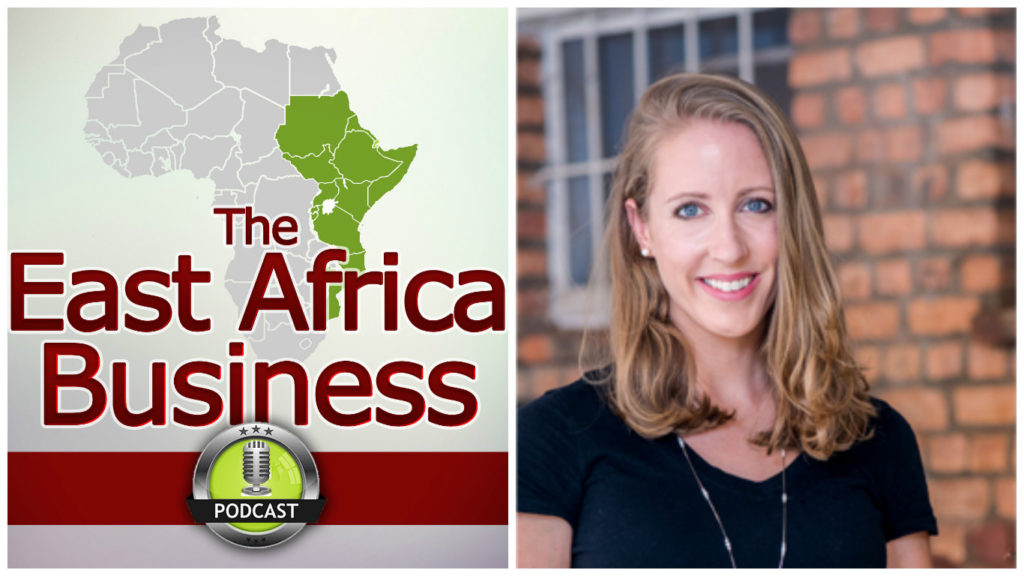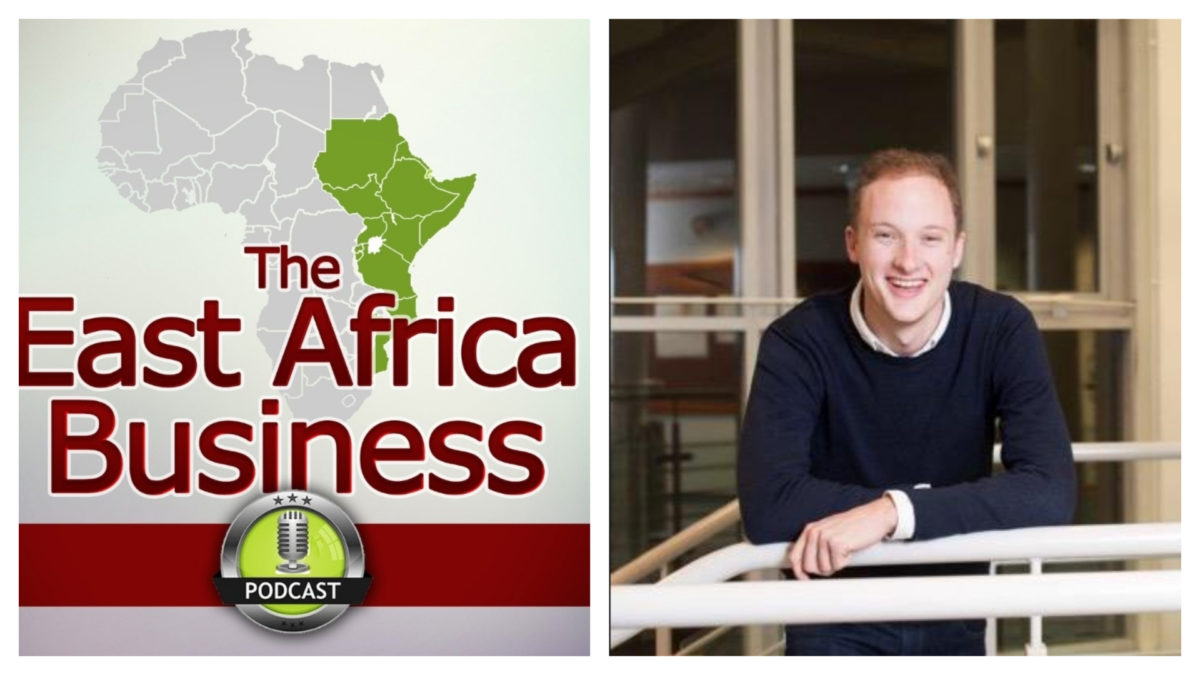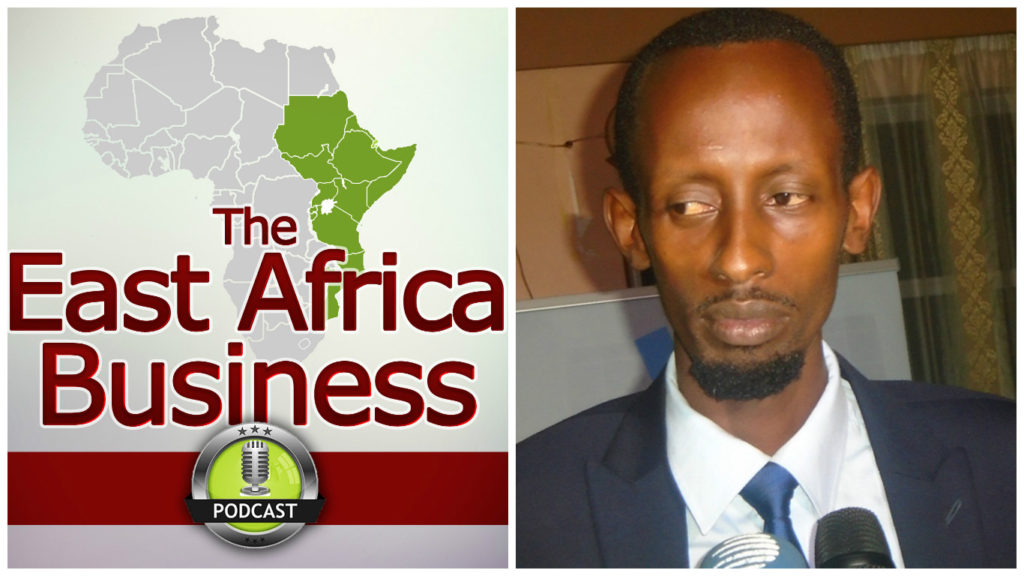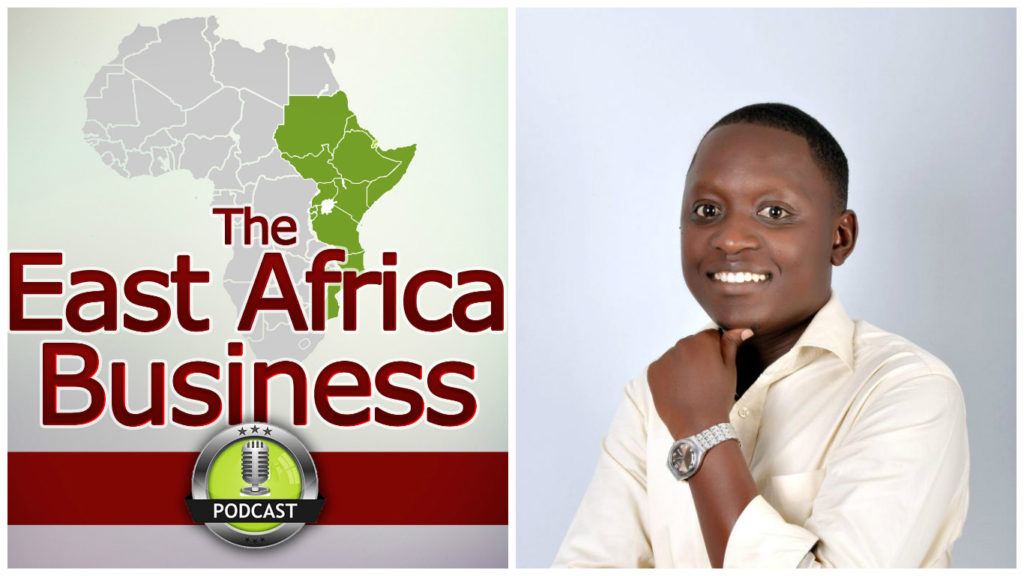Overview
From a GDP perspective, any business that “adds value” to a supply chain is a good thing. Traditionally countries like Rwanda have been just growing agricultural produce, with other companies/ countries undertaking investment and reaping the benefits of manufacturing of a higher value product.
FarmFresh is different in that regard. I visited Christian Heremans at their “pilot factory” (a converted house) to see how his company are taking raw beans, and turning them into well packaged cooked beans for consumption in and out of Rwanda.
Sign up below to hear whenever there are new stories and episodes released on the podcast
Here are some of the key quotes:
“We buy raw beans and process them”
From when the beans are bought from co-operatives and they are sorted, cooked and then put into pouches (rather than tins) for consumption in Rwanda and also neighbouring countries. People were hesitant of buying tinned goods because they think it could be rusty/ old.
“There is an emerging middle class which we want to sell to”
The benefits of using FarmFresh beans is that you save time and energy when it comes to cooking beans. More and more customers are beginning to see the value in this type of consumption. Christian estimates that 5-10% of the population are currently in a position to buy the product.
“Our biggest seller is high iron beans”
This type of bean is much more resistance to pests and is fortified with iron, of which a lot of the population is deficient. The other product is mixed beans but with time they will look to add more flavours in with the beans.
“There are no bean processors in neighbouring countries”
FarmFresh are the only company processing beans in pouches. There’s one company in Kenya doing them in tins but none in Uganda and the DRC.
The reason it hasn’t been done so far is largely to do with it being virgin territory and a lot of companies not having got around to doing it just yet.
“Tomatoes, potatoes and beans are all across Rwanda”
This means that opportunity really exists in processing these types of food across the country. One of the biggest challenges for agroprocessing is consistent supply of produce.
“We currently just sell to supermarkets”
Though in time we might make bigger packages to access different sectors, such as the catering industry.
“Pork is popular in Uganda”
And so FarmFresh might look to do more complex processing such as creating a product which involves other ingredients, such as meat or tomato sauces. People in the Middle East were interested in having these beans flown out there.
“Our current factory is a converted house”
This is the pilot phase where FarmFresh are trialing the operation. Next they will look to go into the Kigali Economic Zone to benefit from the government run area where factories are to be based.
“People in Rwanda aren’t used to processed foods”
This means that consumers, and therefore supermarkets, are sometimes hesitant in using the product. Christian therefore has to do outbound sales to shops and many are surprised that it is possible to buy tasty cooked beans. Often free samples are offered to overcome this resistance.
“We have opened the market”
FarmFresh has really begun this processed bean market and therefore Christian predicts that other companies will soon enter. Especially as the Rwandan consumer expects more and more processed food and the middle class continues to grow.
Social Media Follows
Farm Fresh Rwanda: https://twitter.com/farmfreshrwanda
